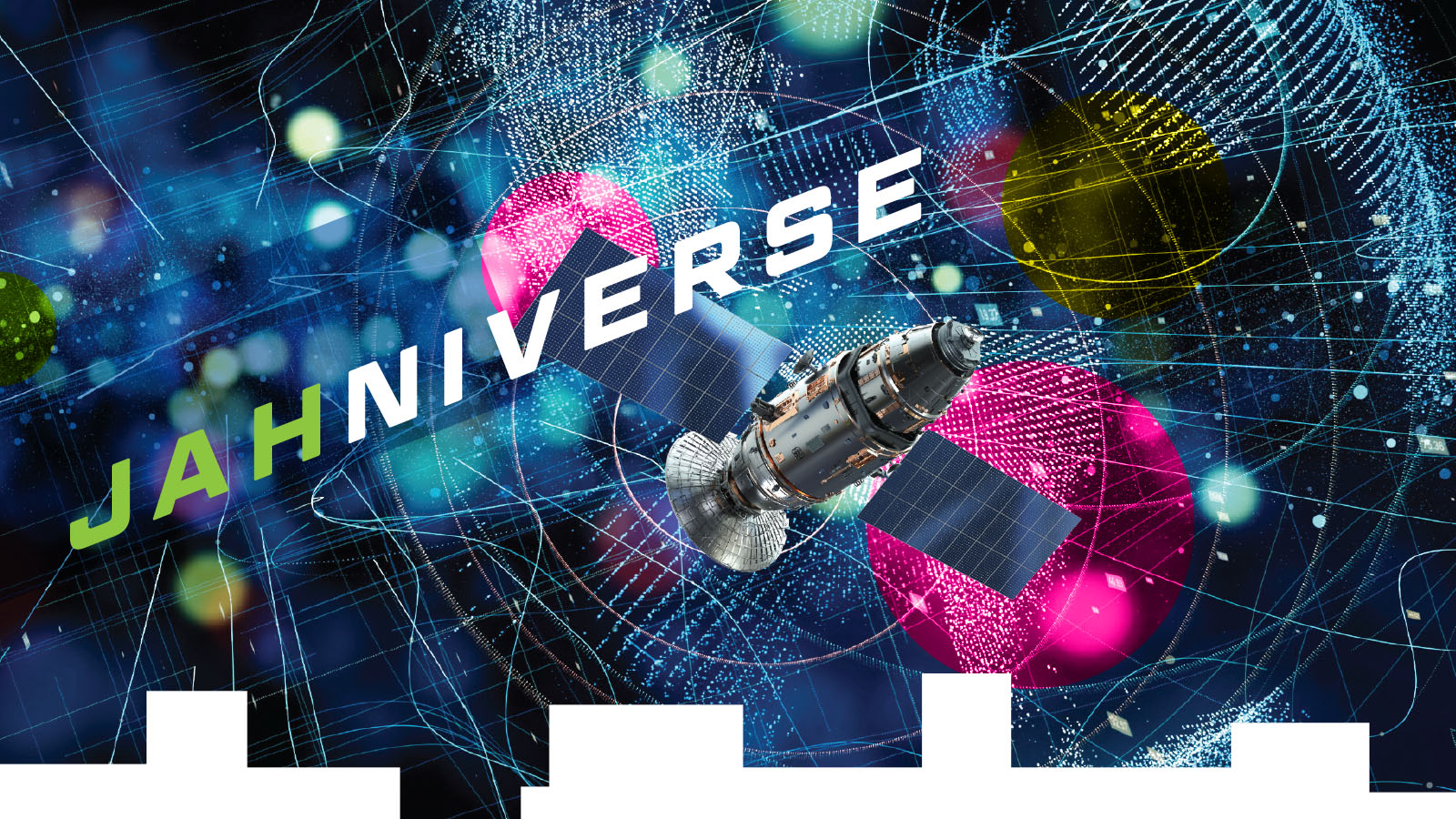Stay Up to Date
Submit your email address to receive the latest industry and Aerospace America news.
An awakening is underway in the field of space situational awareness, defined as the science and art of predicting the behavior of satellites and debris in their orbits. SSA is viewed by some as a commodity that can be sold to satellite operators and launch service providers to magically produce smooth, eventless space traffic management. By smooth, I mean navigating satellites, space stations and rockets without calamity. Now, though, recognition is growing that traffic management must become a critical responsibility of governments worldwide.
In the early stages of exploring and developing any new domain, it isn’t uncommon to encounter organizations or individuals selling safety and security services to private individuals. Here in the United States, pioneers heading west in the 19th century hired scouts and guards to protect them from bandits and Native American fighters. Similarly, maritime explorers employed navigators and lookouts to ensure safe passage from pirates.
We’ve seen the equivalent of this trend in the recent years of the commercial space boom, regarding SSA. Instead of bandits, fighters and pirates, there are spent rocket stages, pieces of satellites and carelessly controlled satellites to contend with. SSA companies have sprung up and indeed experienced some minimal success in marketing their services to private satellite operators and anyone who needs to know where debris and other satellites are going so that those objects can be avoided. Yet, the trajectory of these commercial SSA endeavors is toward a coming consolidation.
The writing is on the wall: Governments are starting to operationalize the fact that it is primarily their responsibility, and not that of the satellite operators, to make space a safe venue for the growing legions of commercial satellites. After all, the various constellations are not just money-making ventures. They now provide the essential ingredients for much of modern life: images for the maps on our phones; pathways for our voice and internet connections and our television programming; navigation signals for our cars and the airliners we fly on; the timing signals that keep domestic and international banking humming.
Satellite operators won’t pay for SSA services if they don’t have to, and soon they won’t have to. Looking at the U.S. as an example, the Office of Space Commerce has committed to providing basic SSA services free to the end user as directed by National Space Policy Directive-3 in 2018. That will be done through the Traffic Coordination System for Space, or TraCSS, a service and information source for satellite operators and others with interests in space. While the U.S. continues working on TraCSS, “many other nations and organizations around the world are also developing or improving their own SSA capabilities,” the office notes in its “Global Vision” document released online last month. In other words, space safety and security will be provided by governments, with SSA companies providing the necessary technology. Some operators might decide they need advanced SSA, but these services will be like rich people hiring guards to travel with them.
This shouldn’t be surprising, looking at the management of air and maritime safety and security. Governments have always played the pivotal role in these domains. In one model, the role is purely governmental: FAA operates air traffic control towers and radars, and it hires the air traffic controllers who manage the airspace.
Ours in the U.S. is not the only model. Canada in 1996 founded NAV CANADA, a not-for-profit corporation given responsibility for civil air navigation services. But this was hardly the government washing its hands of any voice. NAV CANADA was created under a 1995 law, and the Canadian government — defined as one of NAV CANADA’s four stakeholder groups — retains seats on the board of NAV CANADA.
Turning to maritime traffic management, governments regulate shipping lanes, monitor vessel movements and enforce safety protocols to prevent accidents and protect coastal waters. The U.S. Coast Guard, for example, works with the International Maritime Organization to set international standards to promote maritime safety and environmental protection. Coast guards, port authorities and maritime safety agencies worldwide collaborate to safeguard international shipping routes. For instance, the U.K. Maritime and Coastguard Agency oversees maritime safety and search and rescue operations in British waters.
In both air and maritime domains, private companies contribute technological solutions and operational support to enhance traffic management capabilities. Turning to space, a crop of SSA providers has emerged to leverage various sensors, satellite networks and data analytics software to monitor objects in orbit and predict collision risks. These are important capabilities.
I predict that governments will consolidate space traffic management services under long-term contracts with select SSA providers. (The company for which I’m chief scientist, Privateer, probably won’t be affected because our portfolio extends beyond SSA, though we do have apps that provide some SSA products.) This consolidation will mirror established practices in air and maritime traffic management, in which governments collaborate with industry stakeholders to enhance safety and efficiency.
Until then, we can continue to expect these companies to be in fierce competition with one another, seeing them spin up global media outlets every time they believe two objects will possibly collide. Instead of fighting over scraps, because that’s what the level of funding is for commercial SSA, they’d be all the wiser to form a single company and request a long-term contract from the government.
About Moriba Jah
Moriba is a professor at the University of Texas at Austin and chief scientist at Privateer. He helped navigate spacecraft at NASA’s Jet Propulsion Lab and researched space situational awareness at the U.S. Air Force Research Laboratory, and is an AIAA fellow.
Related Posts
Stay Up to Date
Submit your email address to receive the latest industry and Aerospace America news.




